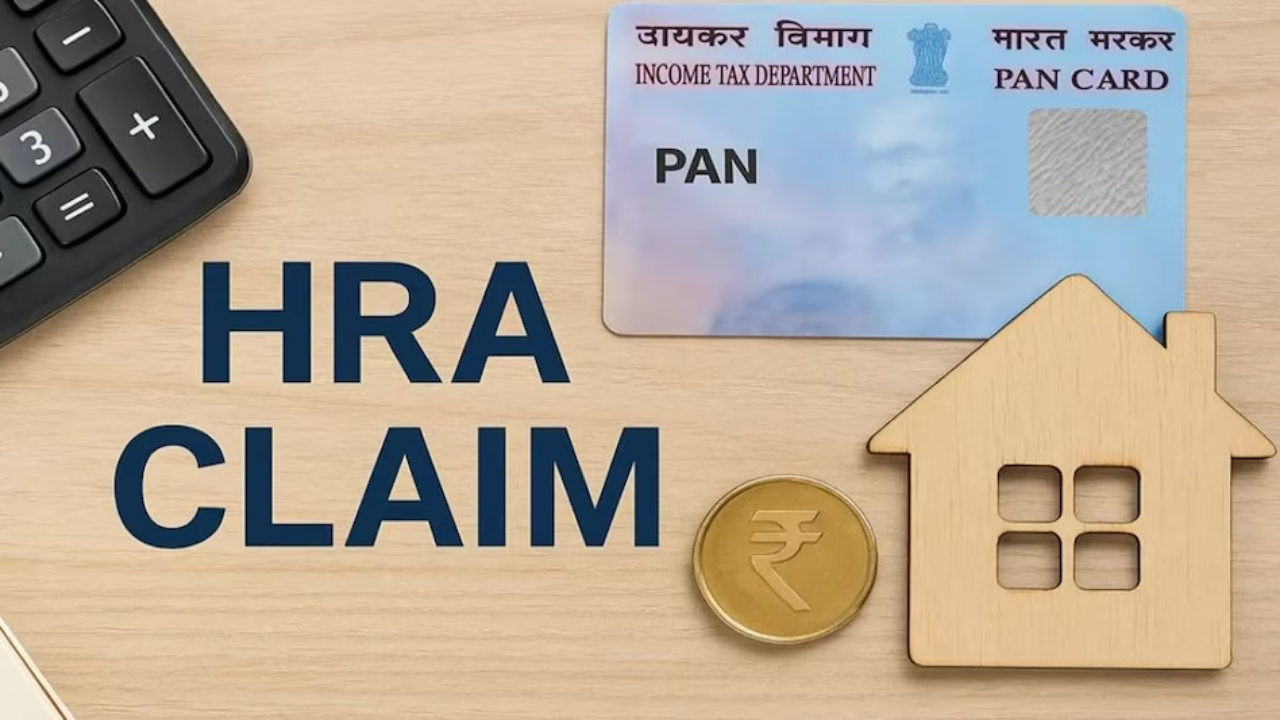HRA Claims for Rent Paid to Parents: A Guide to Staying Out of Trouble with the Taxman
Thank you for reading this post, don't forget to subscribe!In the midst of tax season, many salaried employees look for clever ways to reduce their tax liability. A popular strategy that often comes up is claiming House Rent Allowance (HRA) for rent paid to parents. While this is a perfectly legal move, tax experts caution that it must be done correctly and backed by genuine transactions. Failure to do so can easily attract scrutiny and a notice from the Income Tax (I-T) Department.
The Problem with “Tax Hacks”
With the Income Tax Department now using sophisticated AI and data-matching tools, it’s easier than ever for them to spot fraudulent or suspicious claims. A common mistake is to claim HRA without any actual money changing hands. As one tax expert, CA Apoorva Gavai, explains, “A client was excited about claiming HRA for rent paid to her parents, but when I asked if she was actually transferring the money, she said no. That’s a huge problem.”
Verbal agreements or back-calculated payments simply won’t hold up under scrutiny. The government’s systems are increasingly interconnected, making it difficult to get away with a “jugaad” or shortcut approach.
How to Legally Claim HRA for Rent Paid to Parents
To ensure your HRA claim is valid and doesn’t trigger an I-T notice, you must establish a genuine landlord-tenant relationship with your parents. Here’s a checklist to follow:
- Draft a Formal Rent Agreement: Create a legally binding rent agreement between you and your parents. This document should detail the rent amount, the rental period, and other terms.
- Make Regular Bank Transfers: Ensure you transfer the rent amount to your parents’ bank account every month. This creates a clear and verifiable financial trail, which is crucial evidence.
- Parents Must Declare the Rental Income: Your parents must report the rent you pay them as “Income from House Property” in their own Income Tax Return (ITR). They can claim a standard 30% deduction on this income, along with any property taxes paid.
- Furnish Your Landlord’s PAN: If your total annual rent exceeds ₹1 lakh (i.e., more than ₹8,333 per month), you must provide your parents’ PAN to your employer. If they don’t have a PAN, a formal declaration is required.
Key Rules for HRA Exemption (FY 2024-25 / AY 2025-26)
- Old Tax Regime Only: HRA exemption can only be claimed if you opt for the old tax regime. It is not available under the new tax regime.
- Detailed Disclosures: When filing your ITR, you must provide specific details, including the actual HRA you received, the rent you paid, your basic salary, and dearness allowance (DA).
- Calculation of Exemption: The amount of HRA that is exempt from tax is the least of the following three figures:
- The actual HRA received from your employer.
- 50% of your salary (basic + DA) if you live in a metro city, or 40% for a non-metro city.
- The actual rent you paid, minus 10% of your salary (basic + DA).
The Bottom Line
While claiming HRA for rent paid to parents is a legitimate way to save on taxes, it’s not a loophole to be exploited. Any claim must be supported by proper documentation and genuine financial transactions. Trying to “game the system” by skipping these steps could lead to a notice, a rejected claim, or even a penalty. When it comes to taxes, it’s always better to know the rules and follow them correctly.

















